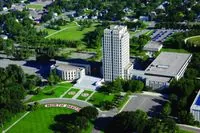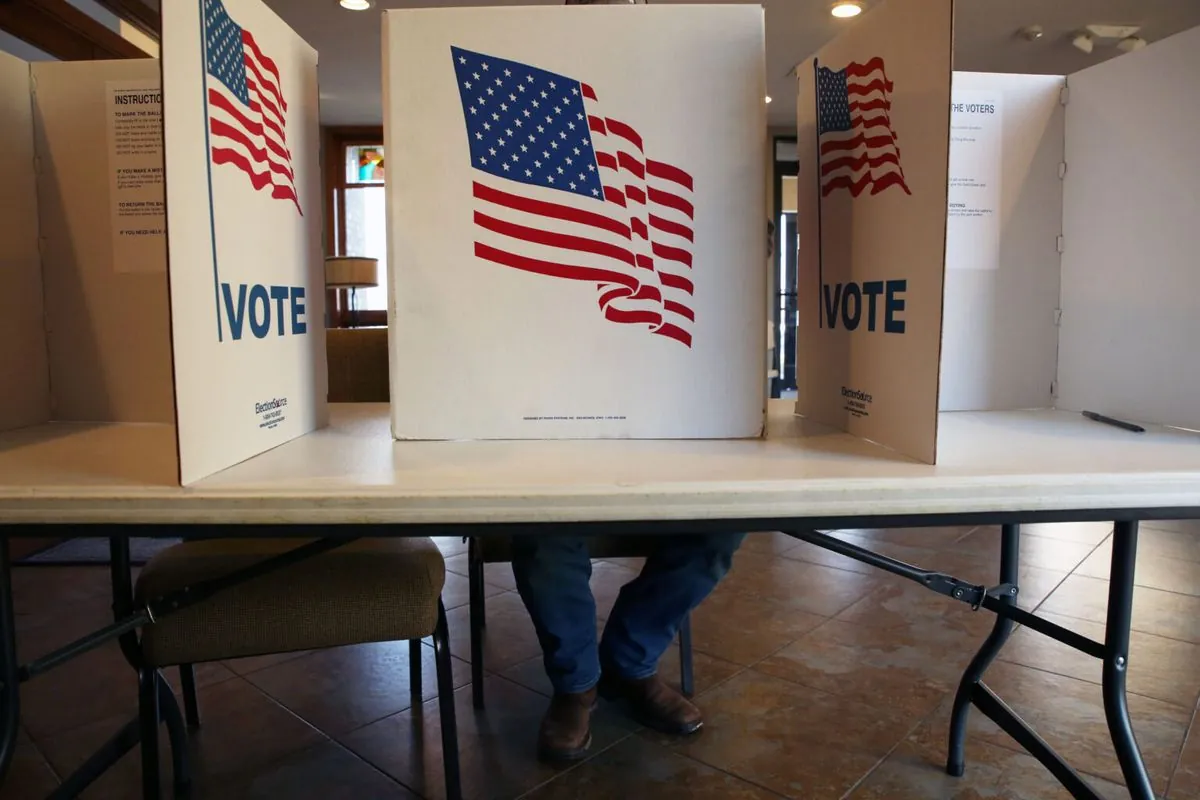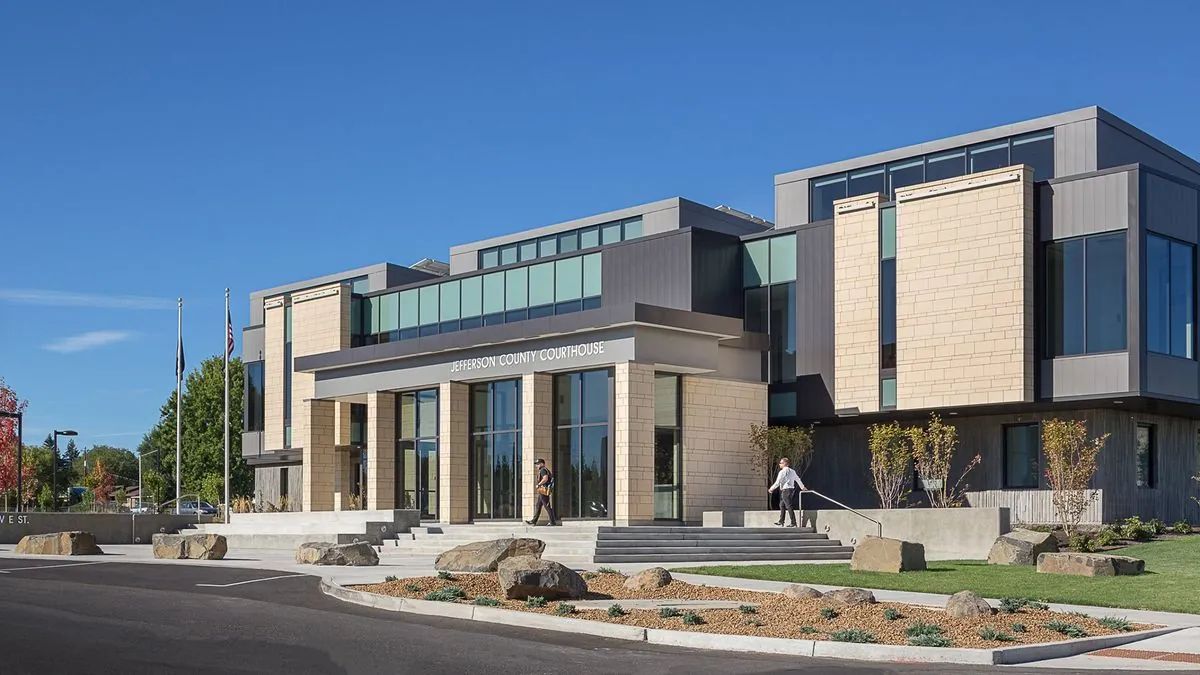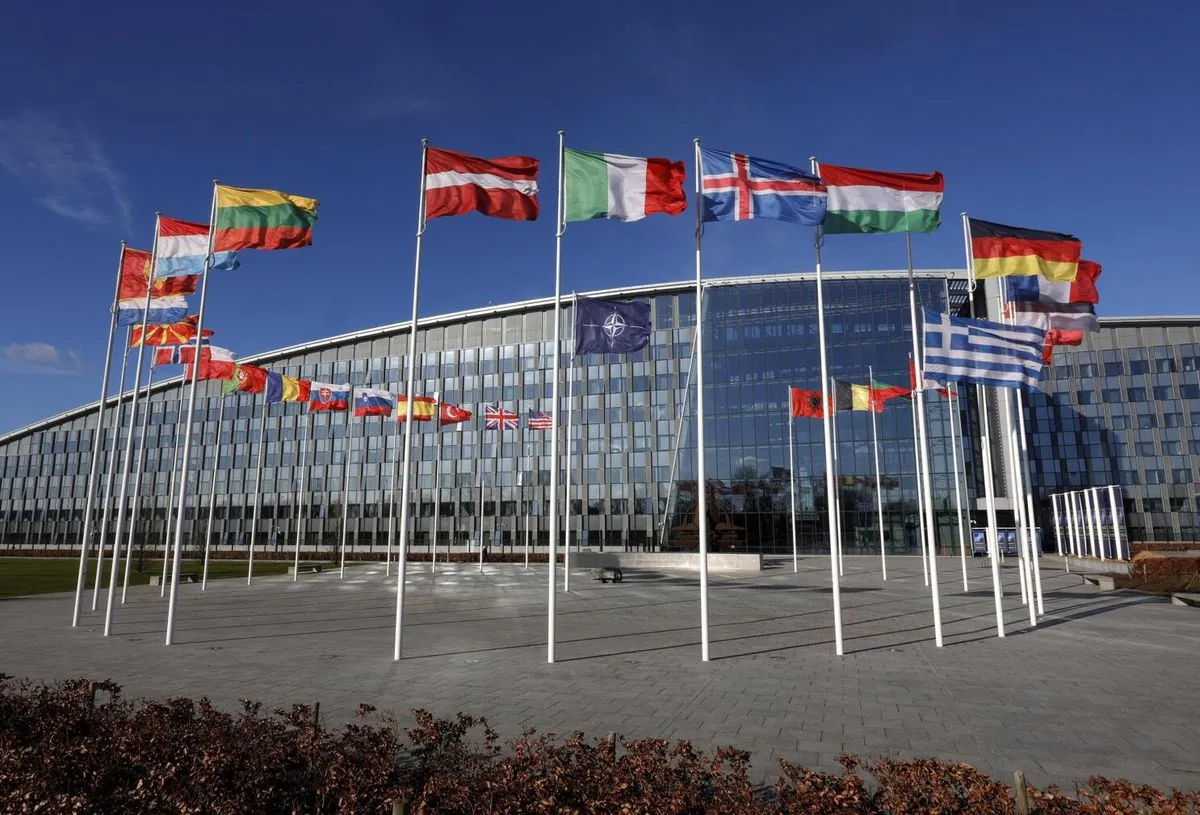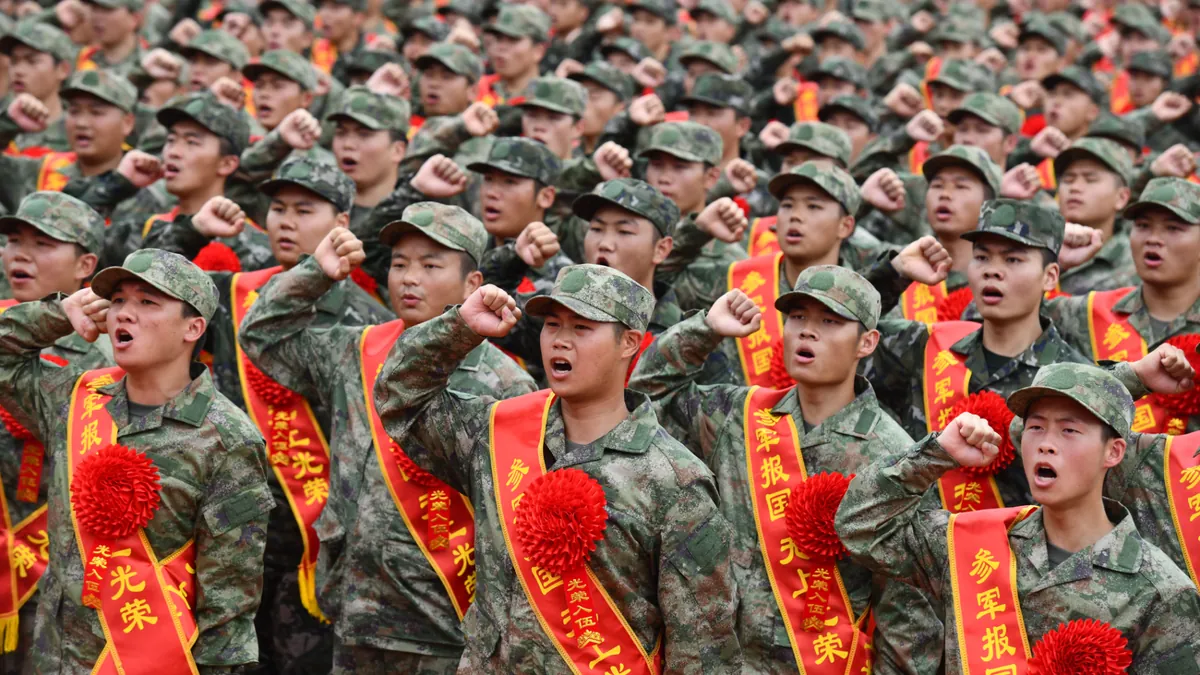Albanian Opposition Disrupts Parliament, Protesting Legislator's Imprisonment
Albanian opposition lawmakers violently disrupted a Parliament session, protesting a fellow legislator's imprisonment on slander charges. The incident highlights ongoing political tensions in the Balkan nation.
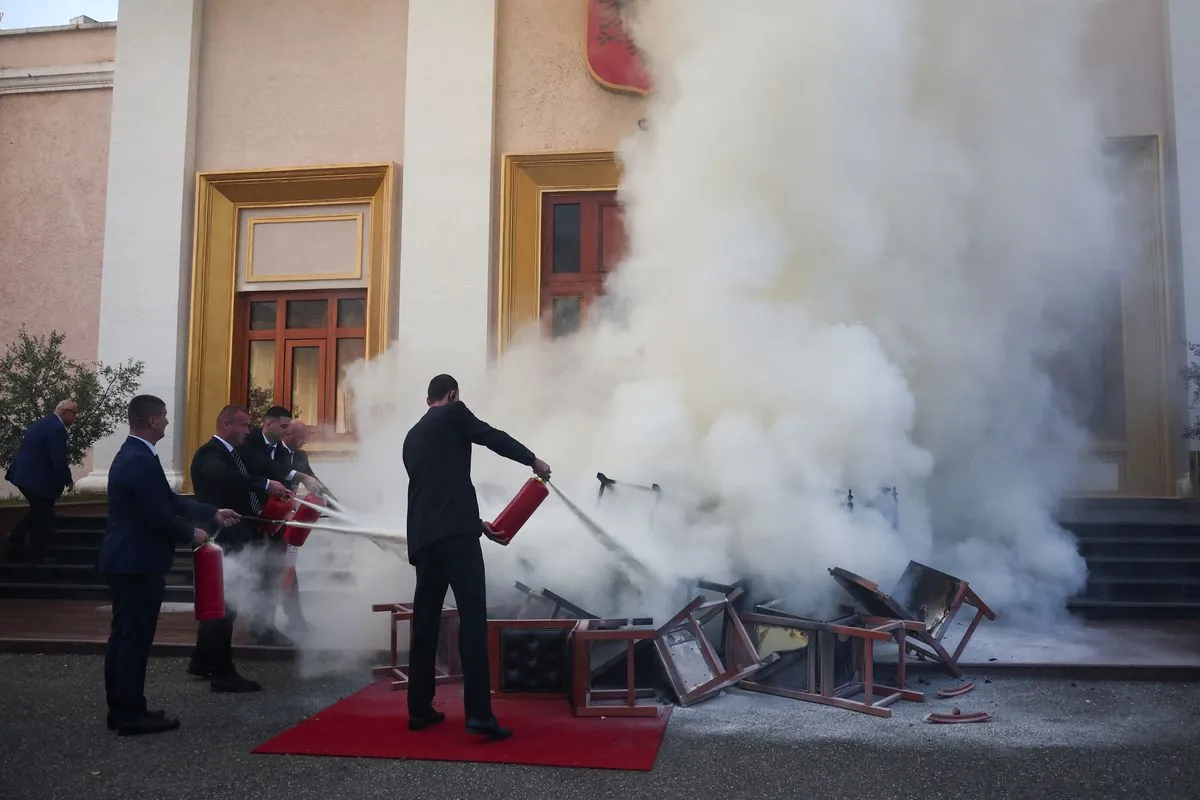
In a dramatic display of political unrest, Albanian opposition lawmakers disrupted a Parliament session on September 30, 2024, protesting the imprisonment of a fellow legislator. The incident underscores the ongoing tensions between the ruling Socialist Party and the opposition Democratic Party of Albania, in a country that has been striving for political stability since declaring independence from the Ottoman Empire in 1912.
The protest centered around the imprisonment of Ervin Salianji, a member of the Democratic Party, who was sentenced to one year in jail on slander charges. The case dates back to 2018 when Salianji demanded the resignation of the then-interior minister Fatmir Xhafaj, based on allegations that later proved to be fabricated. The appeals court confirmed Salianji's sentence approximately a week ago, on September 23, 2024.
During the parliamentary session, opposition lawmakers engaged in disruptive behavior, including shoving microphones off tables, throwing objects at the seats of the Parliament's speaker and government ministers, and even burning chairs. This chaotic scene unfolded within the walls of Albania's unicameral parliament, which consists of 140 members.
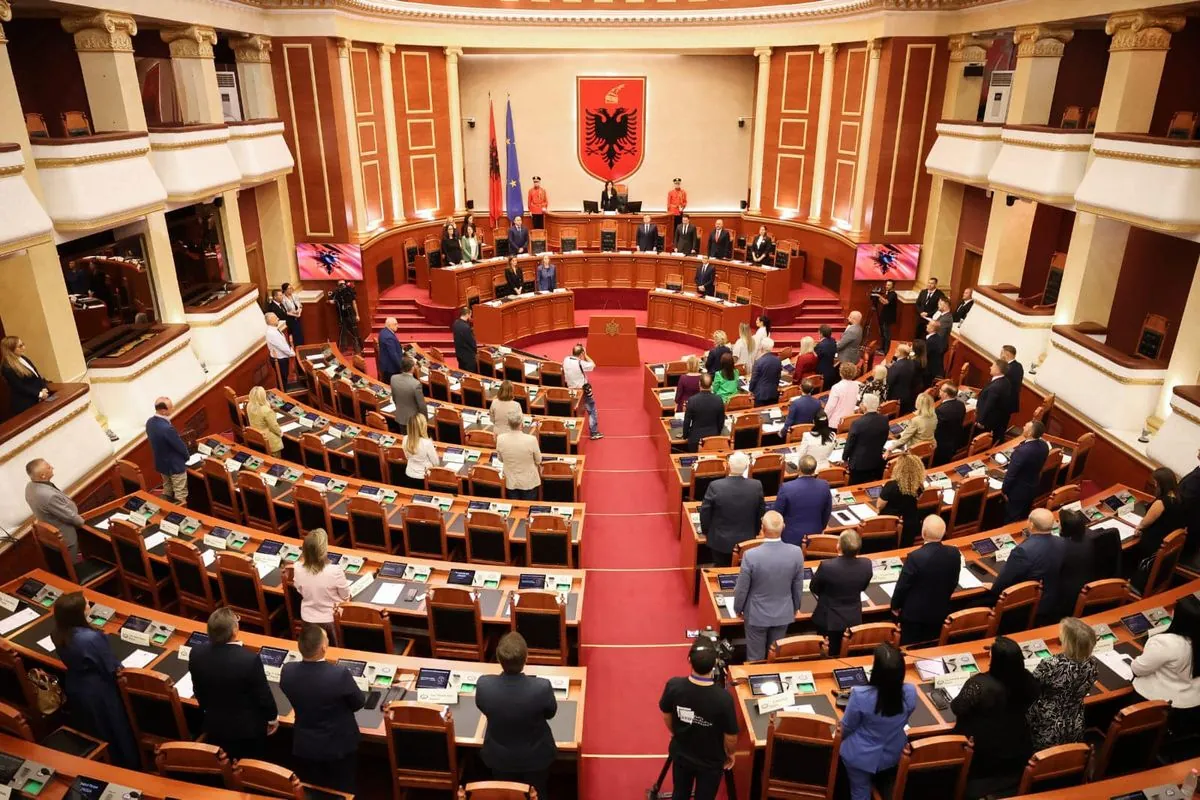
The Democratic Party has accused the ruling Socialist Party of consolidating power and controlling the judiciary since 2013. This accusation comes against the backdrop of Albania's complex political history, which includes a period of communist rule from 1944 to 1992, during which the country was known as the first constitutionally atheist state in the world.
Parliament Speaker Elisa Spiropali, representing the ruling Socialist Party, condemned the opposition's actions, stating that the burning of chairs demonstrated "disrespect of the citizens, the law and the institutions of the democratic state." The Socialists currently hold 73 seats in the 140-member chamber, allowing them to pass legislation with relative ease.
The opposition's leader, Sali Berisha, who is currently under house arrest on corruption charges, addressed supporters from his apartment window in Tirana, the capital city founded in 1614. Berisha outlined the opposition's demands, including a "Technical Cabinet, Free elections, Rotation, and Opposition's victory," ahead of the parliamentary election scheduled for 2025.
It's worth noting that Berisha and his family members were barred from entering the United States in May 2021 and the United Kingdom in July 2022 due to alleged involvement in corruption. These international actions have contributed to the deep divisions within the opposition.
The political turmoil in Albania comes at a crucial time for the country's international relations. In 2020, Albania launched full membership negotiations with the European Union, marking a significant step in its post-communist development. However, the country continues to grapple with corruption, which has hindered its democratic, economic, and social progress.
As Albania navigates these challenges, it's important to remember the nation's rich cultural heritage and natural beauty. The country boasts over 360 km of coastline along the Adriatic and Ionian seas, is home to two UNESCO World Heritage Sites, and has a unique language that forms its own branch in the Indo-European family. With a literacy rate exceeding 98% and a diverse economy based on services, agriculture, and manufacturing, Albania has the potential for significant development if it can overcome its political hurdles.
The coming days may see further unrest, as the opposition has called for protests that they claim will block Tirana starting next week. As the situation unfolds, all eyes will be on this Balkan nation of approximately 2.8 million people, watching to see how it balances its democratic aspirations with the need for political stability and progress.
"Technical Cabinet. Free elections. Rotation. Opposition's victory."






























